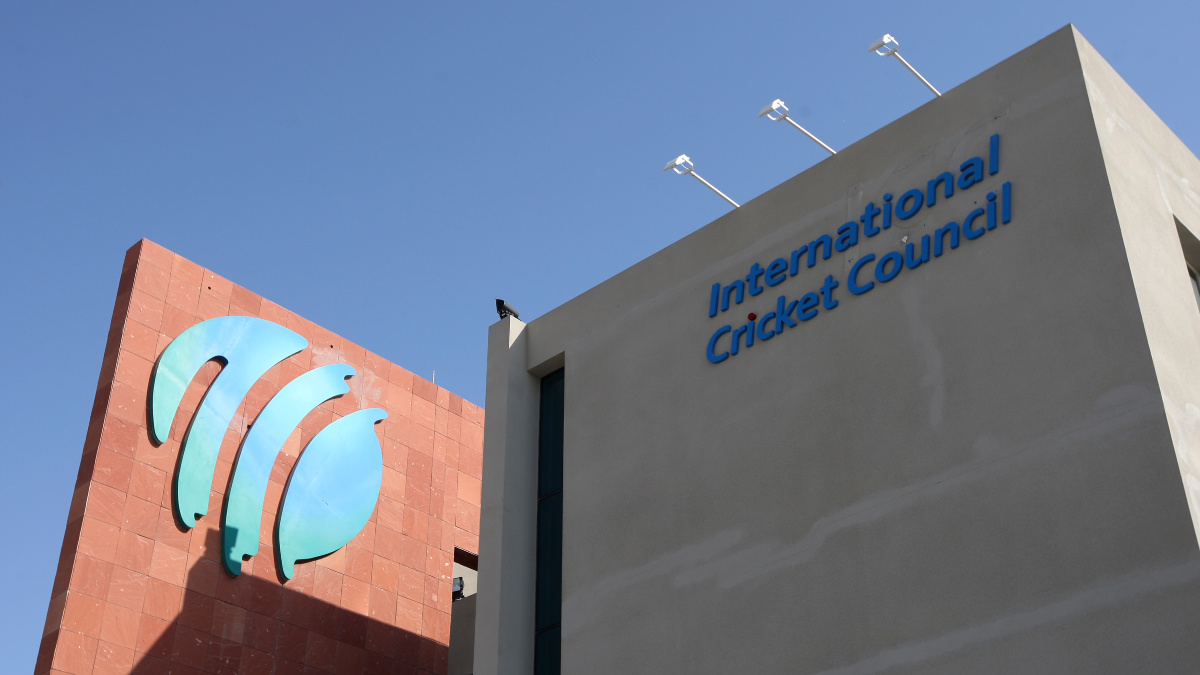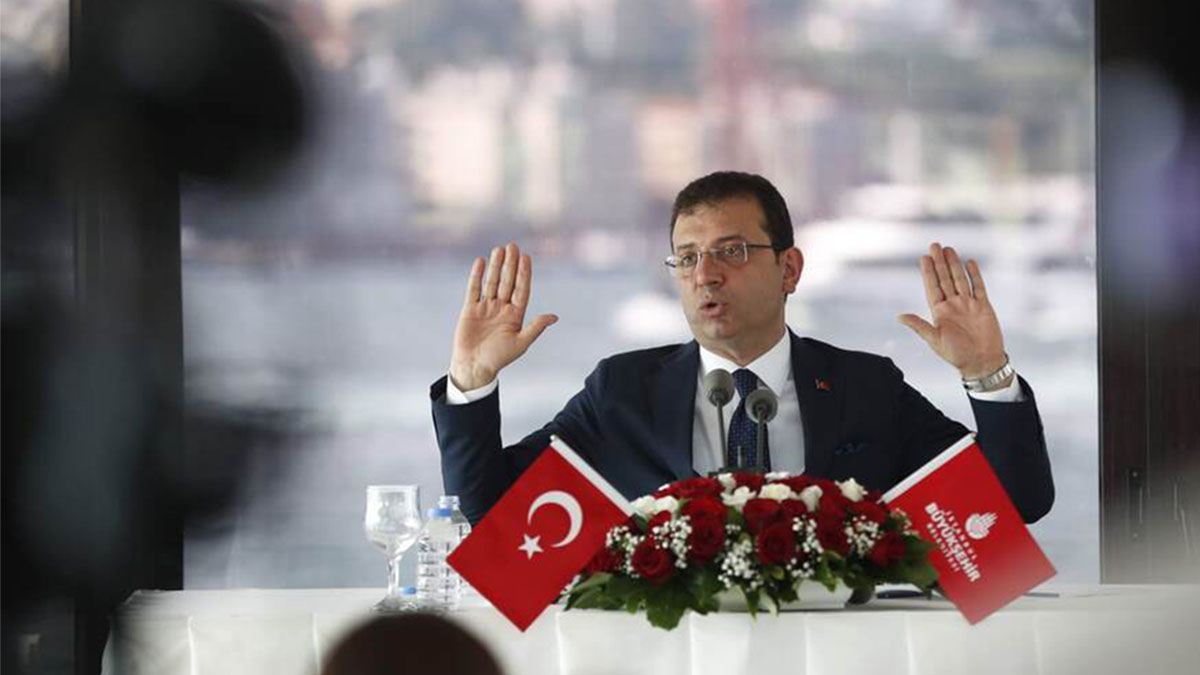The World Cricketers Association (WCA) released a report on Wednesday in which is addressed some of the key issues concerning the game in the modern era, from the cramped calendar to distribution of wealth among the nations playing the sport. In the report titled ‘Protecting History, Embracing Change: A Unified, Coherent Global Future’, the WCA recommended a series of measures in order to fix what they describe as a “broken global structure”.
The unchecked rise of T20 leagues all over the globe that has led to a “chaotic, inconsistent and confusing” international schedule was one of them. The other – India, Australia and England taking home the lion’s share of the ICC revenue with the Board of Control for Cricket in India (BCCI) earning up to 38.5 per cent.
Though some of the points raised by the WCA – which went by the name Federation of International Cricketers’ Associations (FICA) until June last year – can certainly be countered, the fact remains that the issues mentioned have been widely discussed for years now.
Here are some of the key points raised in the report, which was prepared based on inputs from leading cricketers such as Australia men’s and women’s captains Pat Cummins and Alyssa Healy, ex-England white-ball captain Jos Buttler, South African batter Aiden Markram, Afghan spin icon Rashid Khan among others:
Putting a cap on BCCI’s revenue share to ensure fairer wealth distribution
The ‘Big Three’ – India, England and Australia – will be taking home more than 50 per cent of the total annual revenue generated by the ICC in the 2024-27 cycle with the BCCI alone earning nearly 40 per cent (38.5 per cent) of that revenue. And it’s also not a secret that the existing wealth distribution system is widely seen as unfair, especially with the Indian board earning more than one-third of the total income generated in a year which many believe leads to a major imbalance in the sport.
The report thus seeks to drastically reduce the BCCI’s share of revenue by setting a cap of 10 per cent in the revenue distribution system. To be more specific, it seeks the establishment of revenue distribution parameters along the lines of “a minimum 2% and maximum 10% for the top 24 countries, and a minimum 10% distribution collectively for countries 25+.”
What the report conveniently forgets to mention is the fact that the BCCI contributes somewhere in the range of 70 to 80 percent of the ICC’s total income, and therefore effectively finances the sport by contributing around twice as much as it earns.
The report also recommends utilising revenue generated from ICC events, T20 leagues and other forms of the game to not only ensure better pay for cricketers all over the world, but to also establish a global growth and development fund to sustain Core International Cricket (CIC) in the top-24 nations.
Additionally it has claims an additional US$246 million revenue could be generated if the ICC creates a more streamlined calendar, which we look at in greater detail below:
Four dedicated windows in the international calendar
The second key area of discussion in the report is the international calendar that has become more crowded than ever thanks to the rise of T20 leagues across the globe since the inaugural Indian Premier League in 2008. The IPL gets a dedicated two-month window that begins in late March and concludes in the last week of May.
The other leagues – from the Big Bash League (Australia) and The Hundred (England) to SA20 (South Africa), Caribbean Premier League (West Indies) and Pakistan Super League (PSL) – too fight to ensure they get some of the top players in the sport representing one of their franchises.
With Twenty20 having surpassed Test and ODI cricket in terms of popularity and T20 leagues becoming an integral part of a player’s calendar in the current generation, the WCA calls for a more streamlined international calendar – consisting of four windows of 21 days each for CIC.
And for that to happen, the WCA recommends the introduction of divisions; so a team plays another team within its division in a series that includes a minimum of one match in each format.
Each format would have its own league table that builds towards the next ICC event, thus adding context to each international game even if it’s a bilateral series.
The majority of the remaining months in a year will be allotted to the T20 leagues, though the report adds that exceptions can be made for certain international fixtures outside of their dedicated windows for key bilateral contests such as ‘The Ashes’.
An overhaul in cricket’s leadership
A popular sentiment based on the feedback taken from leading cricketers and other stakeholds in WCA’s report is the fact that absence of strong leadership in international cricket and how the ICC simply isn’t doing enough to ensure fairness in the game, with boards such as the BCCI as well as England and Wales Cricket Board (ECB) and Cricket Australia (CA) effectively running the game.
“In short, no one is actually in charge of the sport as a genuine custodian of the global game as a whole,” read a statement from the report.
To counter this, the WCA calls for the creation of a Global Game Leadership Committee that will comprise boards, T20 leagues and franchises as well as players and independents. The job of the said proposed committee will be to make recommendations to the ICC for the sport’s welfare as well as to manage the recommended calendar structure and revenue distribution model.
**How soon can the recommendations be implemented?
**
The WCA intends for its recommendations to be implemented from 2028 – the year in which cricket makes its return to the Olympics after more than a century in Los Angeles. However, getting the ICC’s nod for the same, especially with former BCCI secretary Jay Shah in charge, is easier said than done and it will take a lot of coaxing on the part of the crickerter’s group along with a better deal for Indian cricket for them to be implemented.
On the other side of the coin, the guidelines might end up making cricket a lot more global than the exclusive club that it currently appears to be, and help Full Members and Association nations become more financially secure.
“Cricket has given me so much and I want to see it be strong and sustainable in more than just a handful of countries. We’re urging the game’s leadership to act on the information and suggestions contained in this report,” Afghan superstar Rashid was quoted as saying in the report.


)
)
)
)
)
)
)
)
)



